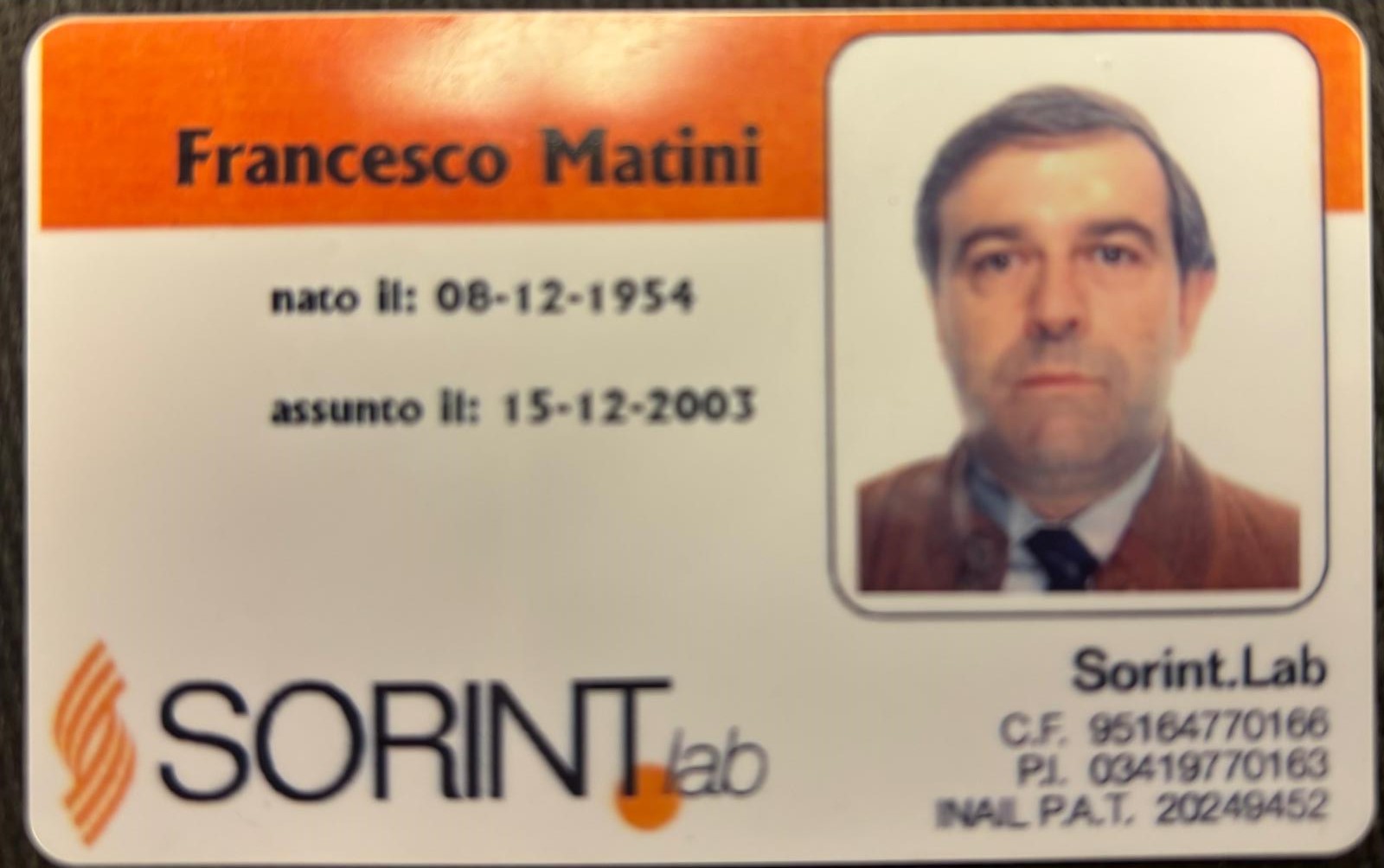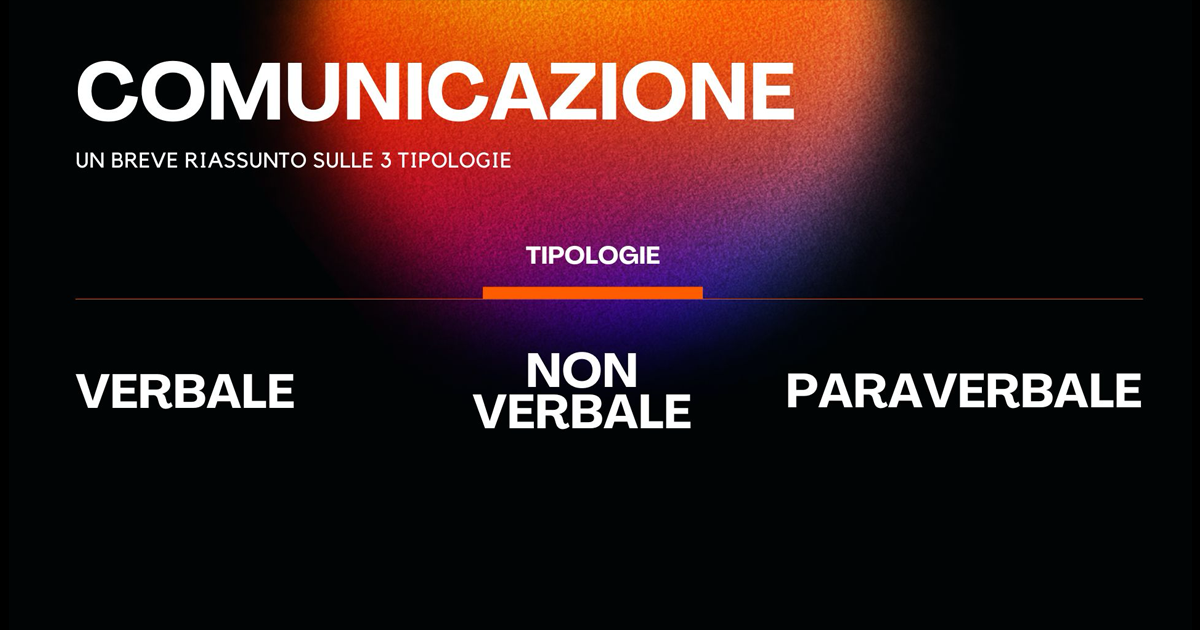SorintWellness: September is Healthy Aging Month
-
Francesca Barrett Boomsma
- 09 Sep, 2024
- 04 Mins read

September is Healthy Aging Month and SorintWellness is working to bring awareness of healthy aging practices in the workplace.
Healthy aging doesn't simply involve maintaining physical, mental, and emotional well-being as you grow older. The topic includes cultural and collective well-being too. In this article, we discuss a concept called Ageism and how it relates to aging in the workplace. If you're not familiar with the subject, please read on!
In an age where the tech industry is constantly evolving and innovation is at the heart of business success, fostering an inclusive and diverse workplace culture is critical. However, one pressing issue often overlooked is ageism. Defined as discrimination or stereotyping based on a person’s age, ageism can severely impact both the individuals involved and the long-term success of organizations. In the IT industry, where rapid technological change is celebrated and youth is often associated with cutting-edge innovation, ageism is an important topic that deserves attention.
The Impact of Ageism on Talent Diversity
One of the key strengths of any industry is its ability to leverage diverse talents, perspectives, and experiences. In the IT sector, this diversity is crucial for innovation, problem-solving, and driving forward technologies that meet the needs of an ever-changing world. Unfortunately, ageism in the workplace undermines this diversity by marginalizing older workers, often assuming they are less adaptable or knowledgeable about new technologies.
This stereotype ignores the fact that older employees bring a wealth of experience, not only in technical skills but also in leadership, project management, and industry insight. Furthermore, research shows that mixed-age teams are more innovative and effective than teams that lack age diversity. The IT industry stands to benefit significantly from embracing age diversity, as older employees can offer mentorship to younger workers, providing a balance of innovation and experience.
Misconceptions About Older Workers in IT
A common misconception in the IT industry is that older workers struggle to keep up with fast-paced technological advancements. While it is true that technology changes rapidly, it is misleading to assume that older employees cannot adapt. Many older workers in IT continuously update their skills and stay informed about the latest trends. Age is not an indicator of a person’s ability to learn new skills or adopt emerging technologies.
Moreover, older workers often possess invaluable knowledge of legacy systems, which are still widely used in many industries. Their expertise in both old and new technologies can bridge gaps that younger workers might not have the experience to address. By dismissing older workers as "outdated," companies risk losing access to this rich blend of knowledge and experience.
Fostering an Inclusive IT Culture
A workplace culture that fosters inclusivity and rejects ageism can have profound benefits for morale, productivity, and retention. In the IT industry, where younger employees may dominate, it is crucial to create an environment where everyone feels valued, regardless of age. Older employees who feel respected and included are more likely to stay with the company, reducing turnover rates and promoting a stable workforce.
Inclusive policies and practices can help counteract ageism. Providing equal opportunities for training and development, offering mentorship programs that encourage cross-generational collaboration, and promoting awareness about unconscious age bias can go a long way in creating an equitable culture. Moreover, inclusive hiring practices that focus on skill and potential rather than age can help ensure that companies attract and retain the best talent, regardless of generational differences.
The Business Case for Addressing Ageism
Addressing ageism is not just a moral imperative but also makes good business sense. The tech industry is already facing a talent shortage in key areas such as cybersecurity, AI, and data science. By excluding older workers, companies limit their talent pool and risk exacerbating the skills gap. Inclusive hiring and promotion practices can help IT companies tap into a broader range of skills and experiences, ensuring they remain competitive in the global marketplace.
Moreover, companies that prioritize diversity and inclusivity tend to perform better financially. Numerous studies have shown that diverse teams are more creative, better at problem-solving, and more productive. By actively addressing ageism, IT companies can enhance their reputation as inclusive employers, attracting top talent and improving employee satisfaction and retention.
Creating Policies to Combat Ageism
So how do we address agesim? It requires a concerted effort from leadership, HR departments, and employee awareness. Companies can start by examining their current policies and culture to identify where age bias might exist. This can include evaluating recruitment practices, ensuring job descriptions do not unintentionally discourage older applicants, and promoting training and development opportunities for all employees, regardless of age.
Regular workshops or seminars on diversity and inclusion that specifically address ageism can help raise awareness and challenge existing biases. In addition, mentorship programs that pair younger and older employees can foster intergenerational learning and collaboration, ensuring that knowledge and skills are shared across age groups.
Conclusion
Ageism is an important topic in the workplace culture of the IT industry, and addressing it is crucial for fostering a truly inclusive environment. The tech world thrives on innovation, creativity, and diversity of thought, and older employees are an integral part of that equation. By dispelling harmful stereotypes, creating inclusive policies, and fostering an age-diverse workforce, IT companies can harness the full potential of their talent, driving both individual and organizational success. The future of technology is not just for the young—it’s for everyone willing to contribute, regardless of age.
If you have any comments, thoughts, or questions about this article, please reach out to us at sorintwellness@sorint.com. Thank you for taking the time to read this article! Make sure to check out our WeTalk channel, SorintWellness, for workshops and information on Healthy Aging Month.



![Clean Code: Manuale per un Codice di Qualità [1/12]](/storage/media/fb9d400303282148ed861968781dbe8c/2-Code_like_SORINTian_Clean_SORINT.lab.png)



